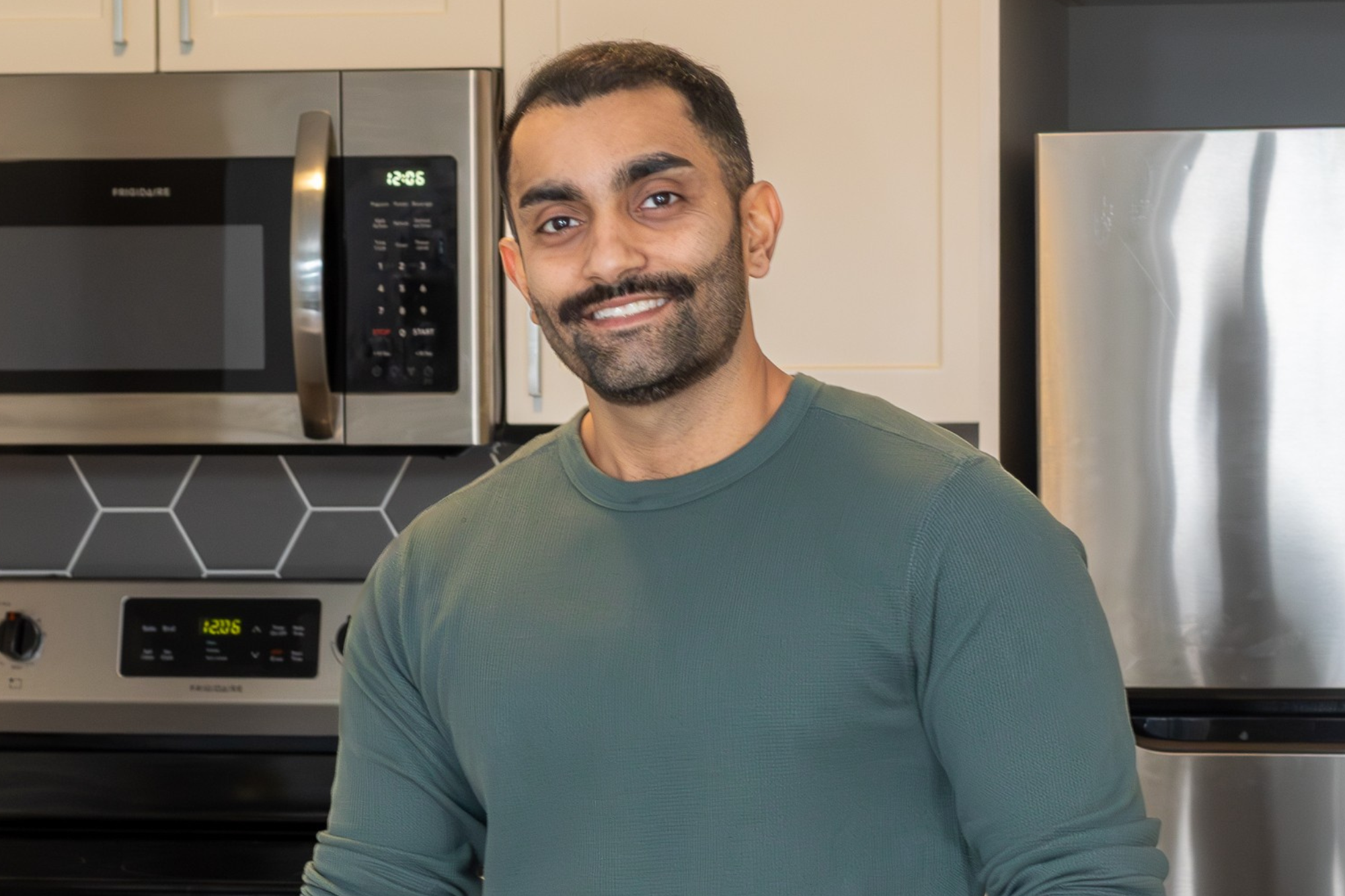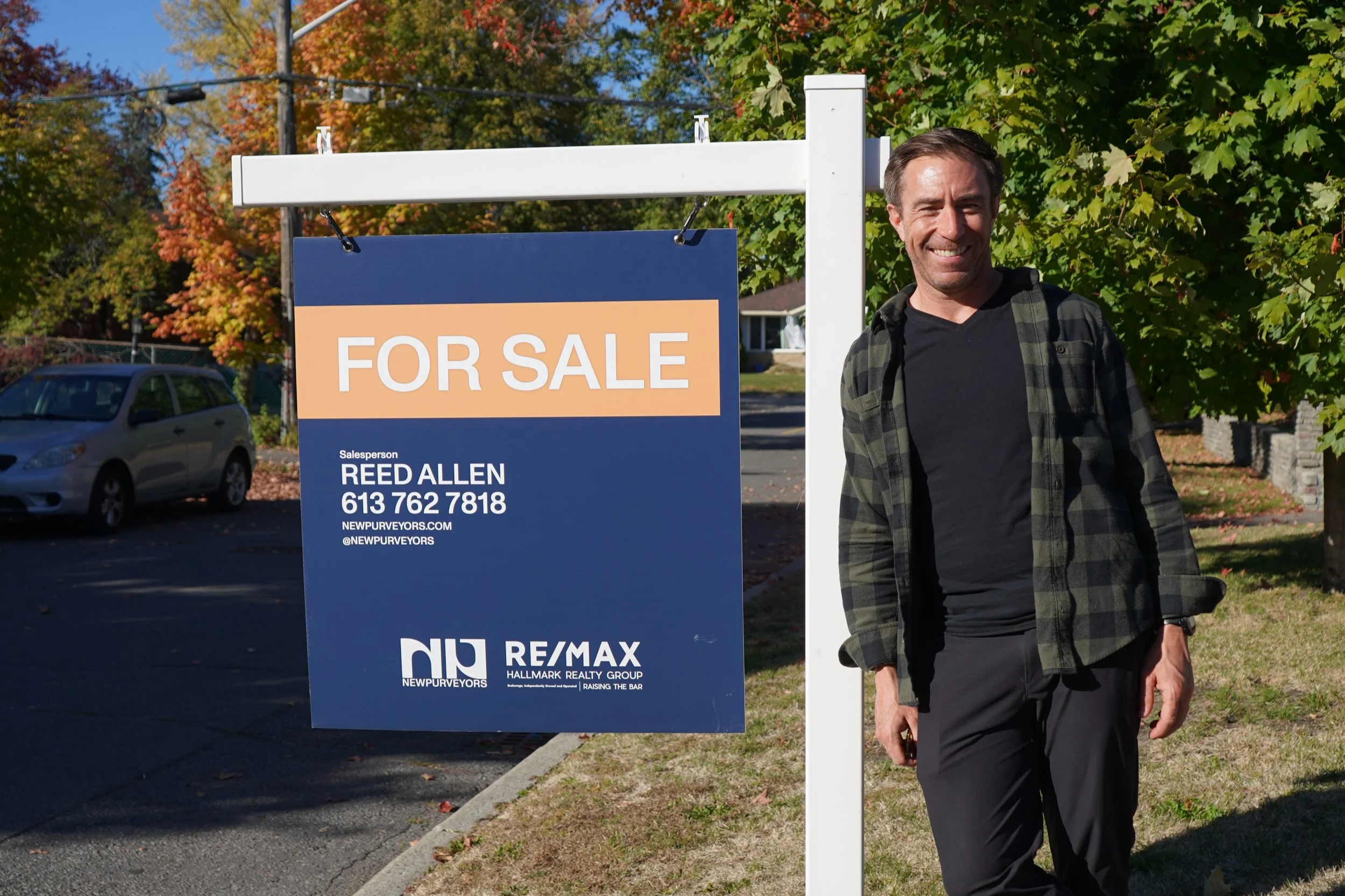The Hidden Costs of Homeownership in Ottawa: What Buyers Need to Budget For (But Often Don’t)
Buying a home in Ottawa? Most buyers have a good handle on the basics: down payment, mortgage, maybe a little buffer for furniture. But too often, we see clients caught off guard by the true costs of owning a home—especially in that crucial first year. Whether you're buying your first place or upgrading to your forever home, here's what you need to know (and budget for) beyond the sticker price.
1. Closing Costs: More Than Just Legal Fees
When your offer is accepted, the clock starts ticking—and your wallet starts working overtime. In Ontario, most buyers should expect to spend around 1.5–4% of the purchase price on closing costs, which can include:
Land Transfer Tax (a biggie—Ottawa buyers are exempt from the Toronto double tax, but it's still thousands of dollars)
Legal fees and disbursements
Title insurance
Home inspection (if not done pre-offer)
Appraisal fee (especially for certain mortgage types)
Some of these are fixed. Others depend on your property’s value. But they add up—quickly.
2. Property Taxes in Ottawa
Annual property taxes vary by neighbourhood, property type, and assessed value. But as a ballpark, most Ottawa homeowners pay around $3,000–$6,000/year.
Your mortgage lender might include property tax payments in your monthly payments, or you might need to set it aside yourself. Either way: it’s not optional, and it’s not cheap.
👉 Tip: Use the City of Ottawa’s Property Tax Estimator Tool before you buy, especially if you’re comparing similar homes in different areas.
3. Utilities and Setup Fees
If you've only ever rented, utility costs can come as a shock. Common monthly bills for Ottawa homeowners include:
Hydro Ottawa (electricity)
Enbridge Gas (natural gas)
Water/Sewer (from the City of Ottawa)
Internet, cable, and home phone
Expect to spend $250–$450/month on utilities depending on home size, age, and how efficient your appliances are. Also expect one-time setup fees—$30 to $100 here and there—that pop up when you switch accounts or install new services.
4. Maintenance and Upkeep
Here's the thing: stuff breaks. And when you own your home, there’s no landlord to call. Common first-year surprises include:
A hot water tank that suddenly leaks
Furnace maintenance or repair
Clogged gutters and drainage issues
Fence or deck repairs
Lawn care equipment (or snow removal if you don’t have a service)
A good rule of thumb? Budget 1–2% of your home’s value per year for maintenance. So for a $600,000 home, that’s $6,000–$12,000 annually.
5. Appliances and Furniture
Not every home comes with everything you expect. And even if it does, some sellers take certain appliances with them—especially high-end washers/dryers or garage fridges.
Factor in:
New appliances if needed
Window coverings
Basic furniture for any extra rooms
Storage solutions (because not every house has great closets)
We’ve had clients spend $5,000–$15,000 after move-in on just these kinds of expenses.
6. Seasonal and Emergency Costs
Ottawa winters? They’re no joke. And neither is being unprepared. Common seasonal costs include:
Snow shovel, snow blower, ice salt
Gutter cleaning
HVAC service checks
Pest control in spring/summer (yes, really)
And then there are the emergencies. A burst pipe. A blown fuse. A roof leak after a storm. Even if nothing happens, having an emergency fund of at least $3,000–$5,000 can save you from major stress.
Plan Ahead, Buy Smart
At New Purveyors, we always say: It’s not just about what you can afford on paper—it’s about what you can actually live with. Buying a home is a huge milestone, but it comes with responsibility. By planning for the hidden costs of homeownership in Ottawa, you can enjoy the process instead of panicking later.
Need help running the numbers? Our team is happy to walk you through every step of the budgeting process—from your pre-approval all the way to move-in day. Because it’s not just about buying a home. It’s about setting yourself up to love it long-term.




























